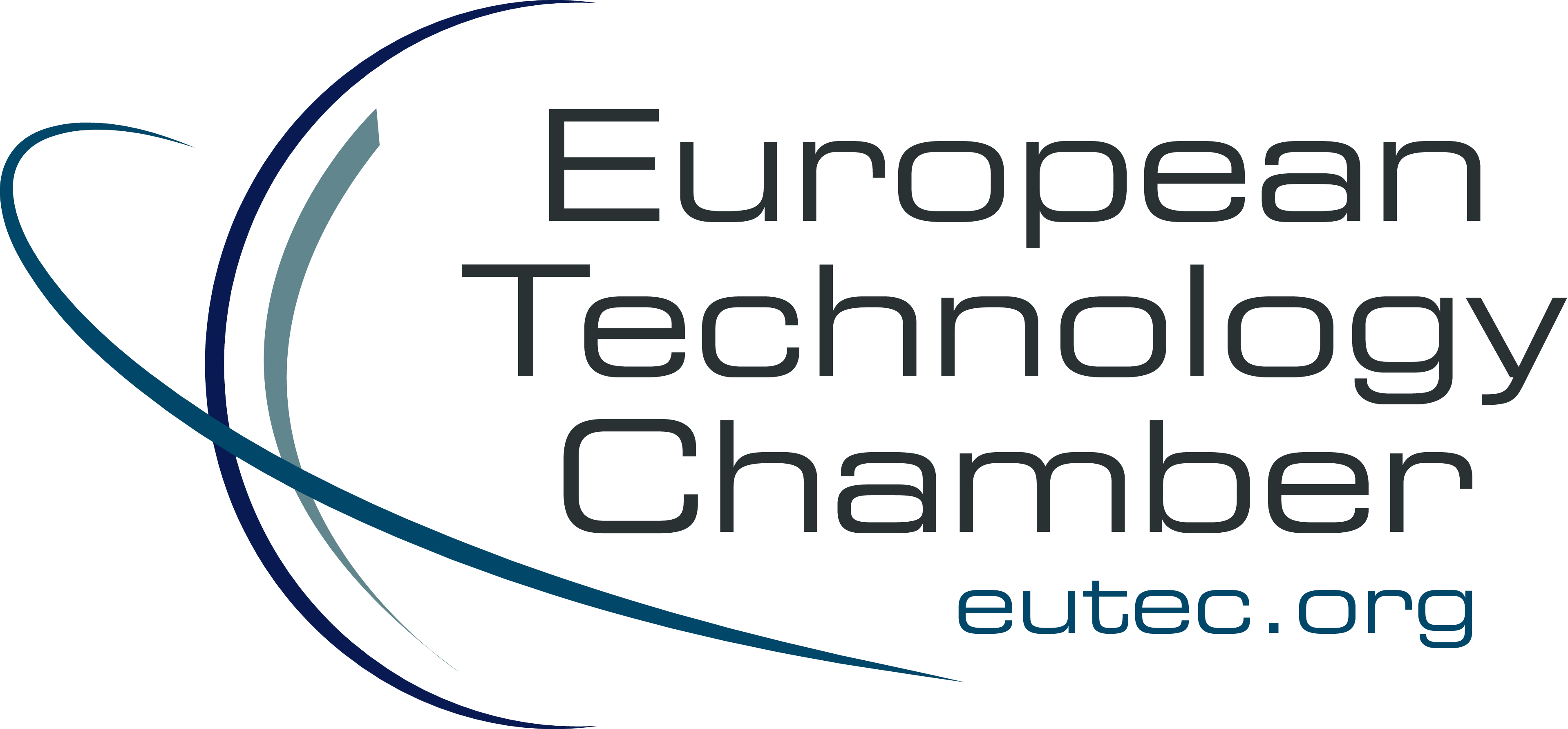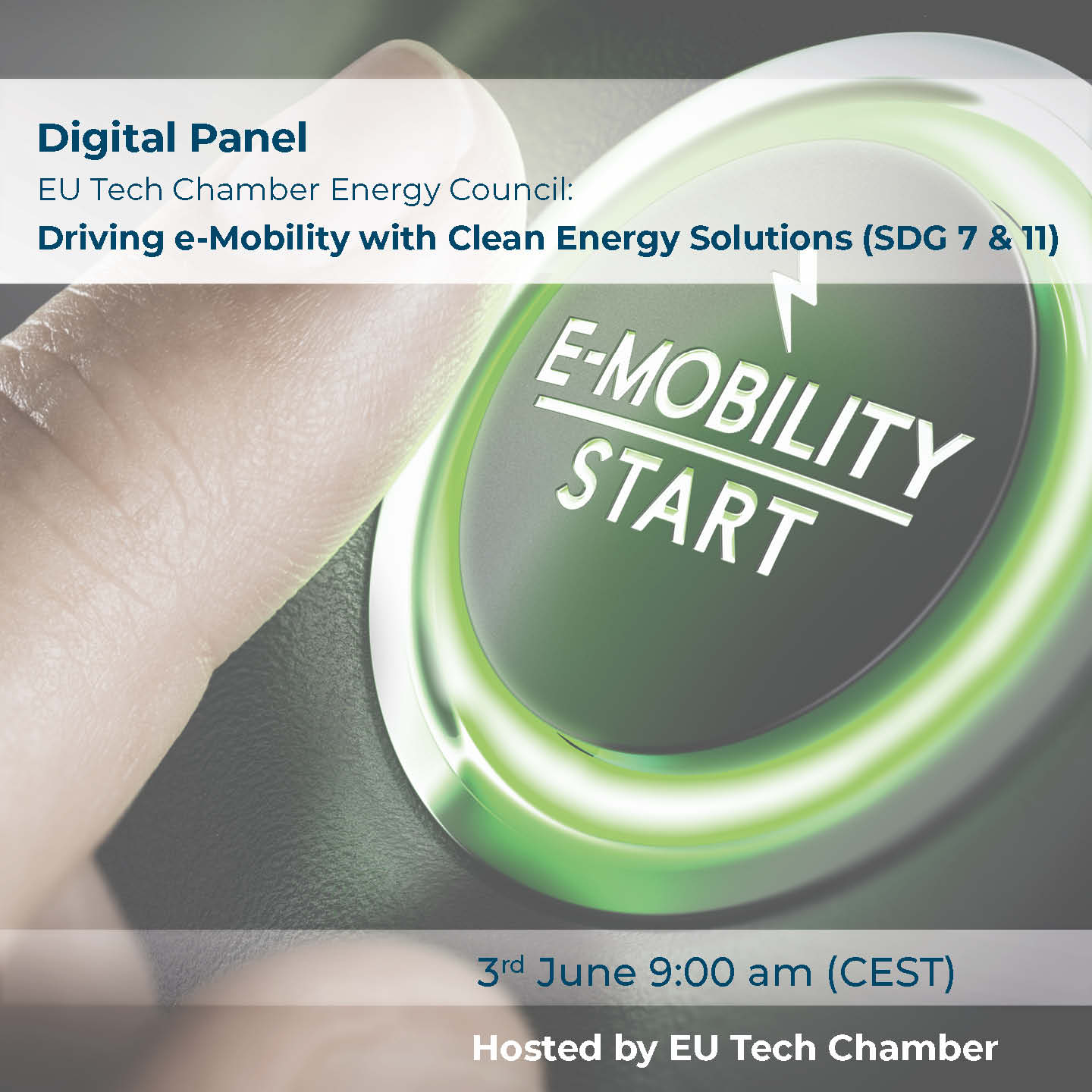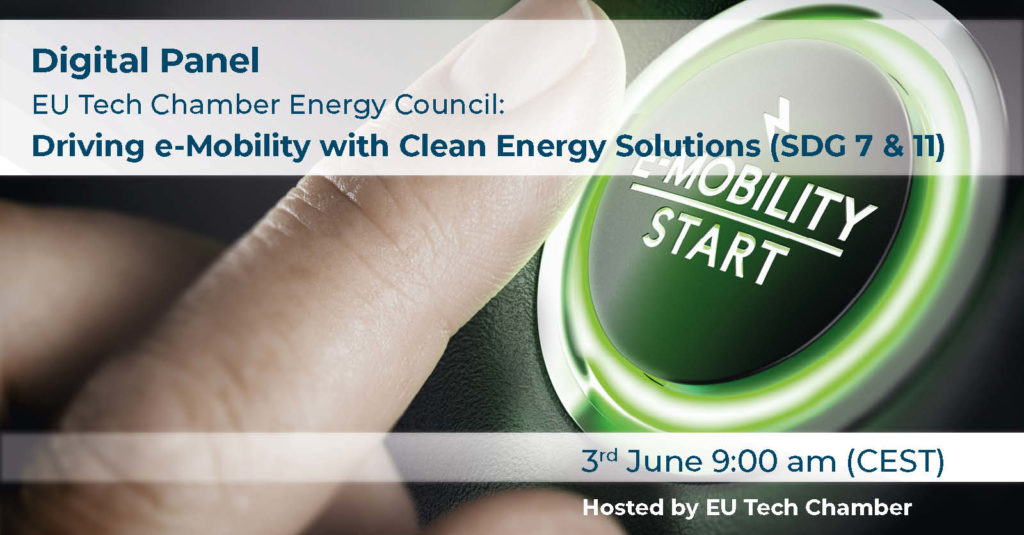Well-functioning Mobility and Transport services have been the fuels for prospering economies in the past as well as today! While the transport of people and goods is causing about 27 percent of CO2 emissions today, it needs a rethinking followed by focussed action, so to achieve the UN Sustainability Goals on time. For the improvement of the climate balance, innovative cleantech and green energy solutions are expected to be a great contributors as developed as well as developing and emerging countries can benefit from the most efficient accessibility and sustainable socio-development promoted by climate-friendly and environmentally friendly transport solutions.
What are the expected behavioral changes for the transport of people and goods in the future? What are the differences between young and older generations? How can these changes be best addressed by integrated urban & non-urban mobility planning? Are there areas where we can improve resource conservation and mobile efficiency by avoiding, shifting or improving transport? What are the consequences for public & individual transport as well as for non-motorised means of transport? What are the main fuels for the different transport sections in the future? What are the (e-) technologies that will help intelligent traffic management, economical vehicles and alternative drive systems to become a major part of overall traffic?
To learn more on how to develop tailor-made solutions for mobility with clean energy solutions for your respective regions please join our conversation during our Energy Council Digital Panel on June 3rd, 2021. Our EU Tech Chairman Florian von Tucher and Director Energy Council Marcus Wiemann will join this talk and give the introductions.
Register now:
https://technology.eu/index/conference/conference.html?id=157
DATE Thursday, May 3, 2021
TIME 09:00 a.m. – 10.30 am CEST
LOCATION Zoom Webinar


